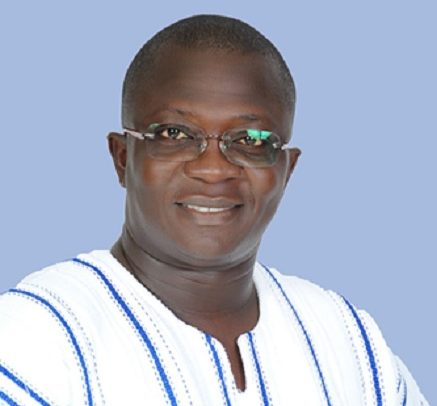
Abetifi MP, Dr. Bryan Acheampong, is urging Parliament to take immediate and coordinated action to confront what he describes as a rapidly expanding national security emergency, warning that the ongoing conflict in Bawku now threatens to destabilize multiple regions across the country.
In a motion filed in Parliament on Tuesday, July 29, 2025, Dr. Acheampong called for a Half-Hour Emergency Debate to formally address the crisis, citing a surge in violence, the collapse of civil order, and the spread of insecurity beyond the Bawku enclave.
“The crisis is no longer limited to Bawku. We are now witnessing a dangerous contagion of conflict and fear, stretching across communities and affecting livelihoods, education, and national cohesion,” he said.
The conflict in Bawku, which has dragged on for years, flared again in recent months. Armed attacks, road ambushes, and ethnic reprisals have claimed lives and driven hundreds from their homes. Schools are closed, businesses have stalled, and the Ghana Education Service has relocated students under military protection in what education officials describe as an “emergency academic environment.”
Dr. Acheampong, a senior figure on the Parliamentary Committee on Security and Intelligence, insists that the time for isolated deployments and temporary curfews is over. His motion seeks to galvanise Parliament to push for a national response—one that not only ensures security presence but addresses the root causes of conflict and provides long-term stability.
“Parliament must no longer sit on the sidelines. We are duty-bound by the Constitution to demand accountability and direction when the lives of citizens are at stake,” he said.
Security analysts have long warned that the protracted nature of the Bawku conflict is fuelling insecurity in neighbouring districts and complicating inter-regional security coordination. In recent weeks, there have been reports of tension spilling over into parts of the North East and Upper West regions, with local chiefs and community leaders calling for stronger state intervention.
The Speaker of Parliament is expected to rule shortly on the admissibility of Acheampong’s motion. If accepted, it will trigger a rare emergency debate in the House—putting the Bawku crisis at the centre of national political attention and potentially influencing the government’s next steps.
Dr. Acheampong’s motion is also drawing attention for its timing and tone. Unlike past statements that have simply condemned the violence, the Abetifi MP is calling for a clear, structured response that includes the protection of schools, deployment of coordinated security teams, and the establishment of protocols to prevent further escalation into other regions.
“We cannot protect one region while others fall. The state must act decisively—and in unison,” he stated, noting that the cost of inaction is no longer theoretical.
Acheampong’s Parliamentary colleagues have begun weighing in, with both sides of the aisle expressing concern about the implications of inaction. Though formal debate is pending, informal discussions suggest the motion may enjoy cross-party support.
A four-term legislator with experience in national security and governance, Dr. Acheampong is no stranger to emergency management. As a former Minister of State at the Ministries of the Interior and National Security, he was instrumental in shaping policy responses to internal threats. But this time, he is placing the burden squarely on Parliament—to not only debate the crisis but to drive a national consensus on how to resolve a crisis which has far reaching economic, social and national security implications.
Dr. Acheampong’s call for unified action has become one of the most urgent and closely watched proposals currently before Parliament.
The post Bryan Acheampong calls for unified action as Bawku crisis spreads across regions appeared first on The Business & Financial Times.
Read Full Story





Facebook
Twitter
Pinterest
Instagram
Google+
YouTube
LinkedIn
RSS